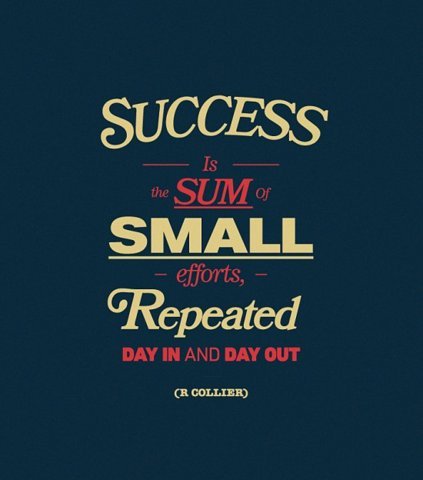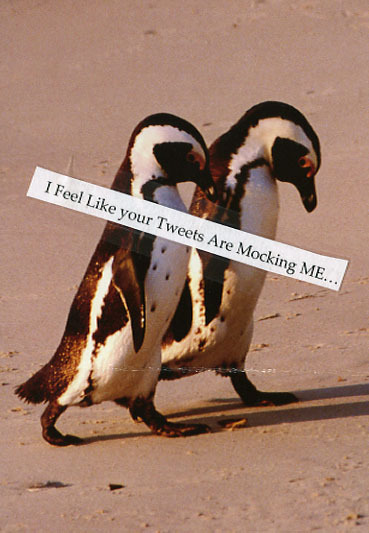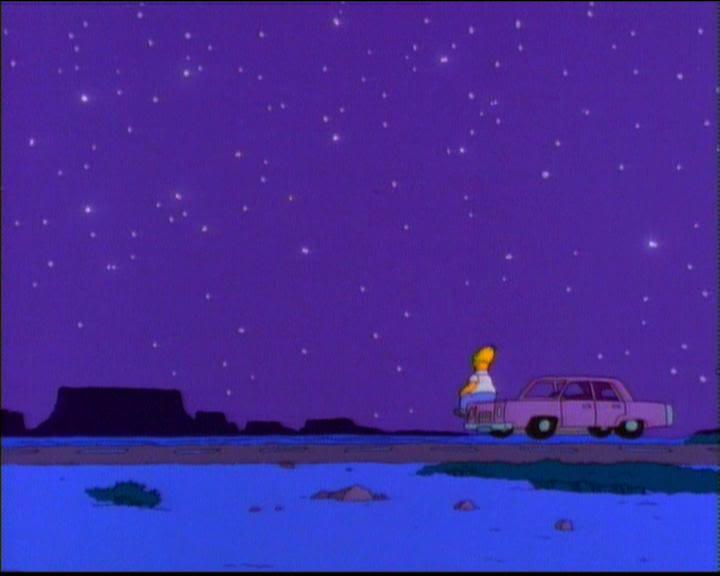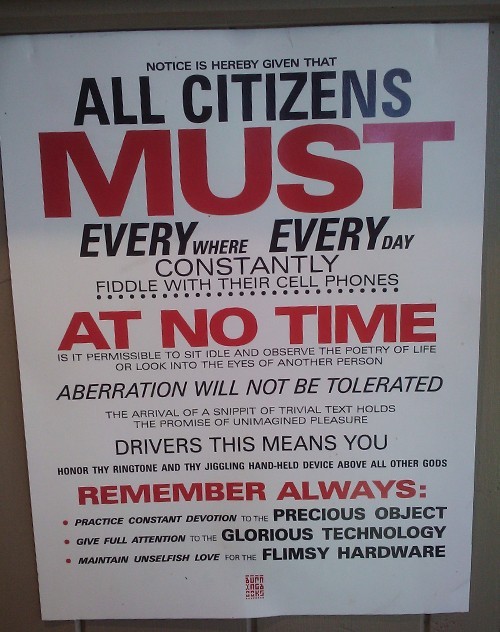Of my master's degree progress, that is.
I took my comprehensive exam on Friday. At SILS, that is writing 6-8 pages on one of two essay questions that are emailed to you at the start of the day. You have until 3:30pm to finish the task. I started mine at about 10 am and wrapped up around 2:30pm, with a break for lunch. Essay questions are about the easiest task I could be given; I wound up writing 10 pages with I think good detail.
Today, Liz and I took a day trip over to Chapel Hill so I could return a stack of library books and pick up a copy of my advisor's comments on my master's paper. I thought I had done a good-enough job on the paper but that there were too many assumptions and maybe too much hand-waving and magical thinking in the Discussion and Conclusions section. I had spewed dots all over the page without seriously connecting them into a recognizable picture. But I thought the paper was at a stage where there was no more I really wanted to do with it. I could have spent days poring over the data some more, I could have done more research in the literature, and so on. That extra work would have represented the last 15-25% of effort on a paper whose value probably didn't warrant more time or energy. In any case, I'd held on to it long enough. It was time to throw it over the wall and see what my advisor had to say about it.
I was rather surprised at how minimal and non-eventful her comments were. I had rather mixed feelings looking over her comments, which were mainly to do with typos, awkward phrasings, mechanical errors, and the like. There were one or two "I don't accept your conclusion" remarks that I don't know how to address just yet; she gave no indication of what I should do to fix them. That's OK; it'll take less than 3 hours to take care of all her marked items and then format the paper per the school guidelines. Still - that's it?
I suppose what's interesting to me about the paper is how flimsy it feels to me. Had this been turned in by a doctoral student, I think it would have been held up to higher scrutiny and with calls for more justification of my statistics and assumptions. But I must remember: this is a master's paper, and the master's paper is probably the first and last research project most students will ever do. If they find they need to carry out a similar research project in their future jobs, then they have at least been introduced to the rudiments of the practice. That's the real goal of the paper. Contributing to the research dialogue is not a realistic expectation. (Though one of my professors said that many master's students look back on the paper as the most satisfying project of their academic career.)
In the end, I suppose, I believe that I did a good enough job, within my capacities and skills; better than others, perhaps, but not as good as I would like to think I could do. (And got closer to in my Chekhov paper last fall.)
Still, as with all things that have happened to me over the last few years in school, these are yet more opportunities for learning as I go.
- As I said, this was a learning project: not only about stats and running a research project, but about how to manage myself. I discovered the conditions I needed to produce the text, I had to confront my unease at surveying my neighborhood, I had to hit the wall of statistics with the soft nose of my data. Each gate I had to go through (executing the survey, crunching the numbers, writing up the results) required me to motivate myself, confront my anxieties about that step, ask for help when I needed it, and then ready myself for the next gate.
- In my dream world, I had honestly expected effusive praise and qualitative feedback from my advisor on my work. And I didn't get it. These were the mixed feelings I described above. I was expecting effusive praise or high disdain, and instead received non-descript mechanical corrections. Isn't that a relief? Kind of. But I was expecting more feedback and interaction and, yes, pats on the head.
- So the lesson here is I need to give myself my own pats on the head. My advisor is busy with tons of work, other master's papers to read and comment on (and which may need more hands-on involvement on her part), and it's not her job to praise me. I'm nearly 50 years old, for crying out loud; it's about time I learned to give myself the compliments I need.
- The paper represents the last big thing I need to finish before leaving. And receiving the paper today was a big anti-climax. The big work is actually behind me.
- A doc student friend of mine said, apropos of finishing the dissertation and graduating, "No one cares." No one is going to hold a parade in your honor or make a big deal out of you. This is your gig that you chose to do, so you need to celebrate it yourself in your own way.
- Looking back on the paper and the comp exam, it seems pretty clear to me that if I ever mess up, it won't be on the big stuff. If I mess up, it'll be on the little stuff. Example: When I shifted over from PhD to master's last summer, I should have automatically been put on the master's student mailing list. I never was. As a result, I missed the announcement of the deadline for applying for graduation and only heard about the comp exam date a week before it was scheduled. Why did I assume someone would tell me these things, even when the silence was growing more eerie? A little thing - asking someone in the office "why am I not receiving announcements?" - could have caused a major disaster. This is a pattern I've noticed in myself in other contexts, and it's something I need to address.
- As a result, I will be calling the grad school on Monday to make sure I can graduate in May. I don't want some silly little bureaucratic glitch to prevent my graduation.
- It's time to move on. This has been a remarkably active and productive period of my life, starting with my first class in the summer of 2006. But it's time to go.
As I see my schedule open up, with very few obligations on the horizon, I am starting to swell with projects that need to be started: selling off old textbooks, clearing my files of all the printed articles i read, cleaning out my closet, fixing stuff around the house, etc.
What stops me from slapping all sorts of projects into my planner book is another lesson I learned in 2010. I had stopped my banjo lessons due to the pressure of my other responsibilities. We still met weekly, to talk through what I was experiencing and trade strategies. Sometime after the semester ended, I think, I felt much relieved and wanted to resume the lessons. But he refused. His reasoning was sound: I may be in a quiet, stable phase at the moment, but we are not sure how long it will last. It would only put more pressure on me if I were to restart my practicing and then - BAM - life is firing more fastballs at me than i can handle.
And, as I recall, things happened as he said. Not long after, we had to start planning and executing the May workshop and life got crowded indeed. Even after the workshop was over, and life had truly settled down, he held off resuming our lessons. He was right. I needed the rest and needed to come back to a sort of equilibrium. Sometime after I left the program, we started up again and I've been chugging along with the banjer ever since.
All of which to say - I'm keeping my life underscheduled for the immediate future. My top priorities are revamping my resume, starting up a job search, figuring out what the next 5 years should be, etc. But no need to rush in. Relax the taut rubber band before it snaps and breaks. Relax, and pat myself on the head.







